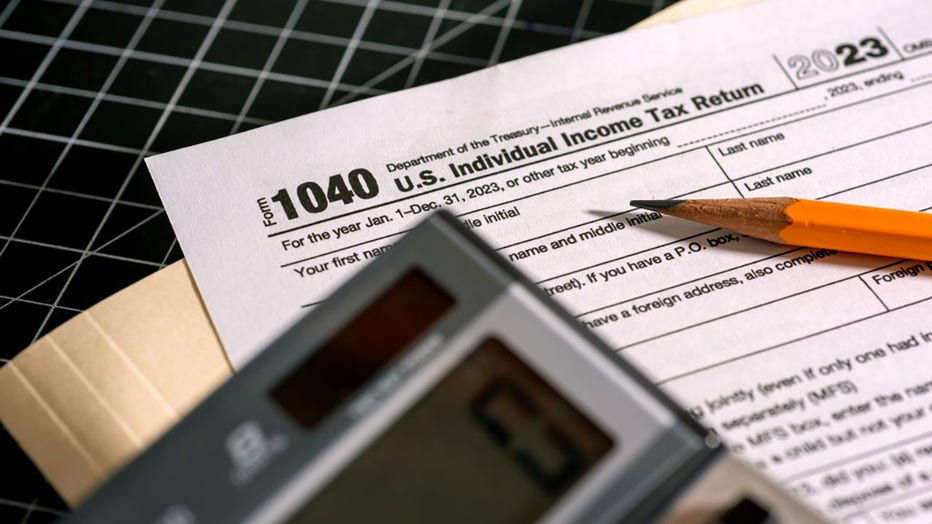IRS’ free Direct File program to become permanent, expand to more states
WASHINGTON - The IRS will make permanent – and expand – its electronic system for filing returns directly to the agency, starting in the 2025 tax season.
The system, called Direct File, is a free online tool that the IRS tested this year across 12 states. In a statement shared on Thursday, the agency called the pilot program "highly successful" and said it is inviting all states to partner with Direct File next year.
"The clear message is that many taxpayers across the nation want the IRS to provide more than one no-cost option for filing electronically," IRS Commissioner Danny Werfel said in a statement. "So, starting with the 2025 filing season, the IRS will make Direct File a permanent option for filing federal tax returns."
In 2024, taxpayers in 12 states who had very simple W-2s and claimed a standard deduction were eligible to use it to file their federal income taxes. The program also offered a Spanish version.
The IRS said the permanent version of Direct File will also support most common tax situations "over the coming years."

FILE - In this photo illustration, a 1040 U.S. Individual Income Tax Return document is seen on a desk on April 15, 2024, in North Haledon, New Jersey. (Photo illustration by Michael Bocchieri/Getty Images)
Debate over government-operated, free tax-filing system
The idea of a government-operated, electronic, free-file tax return system has been batted around and hotly debated for years. Last year, Congress directed the IRS to report on how such a system could work – and the pilot program later launched in Florida, New Hampshire, Nevada, South Dakota, Tennessee, Texas, Washington, Wyoming, Arizona, Massachusetts, California and New York.
The Democrats’ flagship climate and health care measure, known as the Inflation Reduction Act that President Joe Biden signed into law in 2022, provided $80 billion for the IRS over the next 10 years. Specifically, it gave the IRS nine months and $15 million to report on how it might implement such a program and how much it would cost.
An electronic free-file system operated by Washington has been celebrated by some taxpayer advocates, who for years have said that it would reflect good governance and well serve taxpayers. Critics have voiced skepticism about the IRS serving as both a tax collector and tax preparer, arguing that the new service could create a power imbalance between taxpayers and the government.
Meanwhile, big tax preparation companies have millions of dollars to lose if the program becomes more widely used. In 2022, more than 60 million taxpayers were serviced between Intuit, the parent company of TurboTax, and H&R Block.
Tens of millions of dollars have been spent trying to influence policymakers on the issue, and lobbying data shows that the big tax companies in particular have spent heavily.
As a permanent filing option, Direct File will "continue to be one option among many from which taxpayers can choose," the agency added.
It noted how Direct File is "not meant to replace other options by tax professionals or commercial software providers, who are critical partners with the IRS in delivering a successful tax system for the nation."
This story was reported from Cincinnati. The Associated Press contributed.

